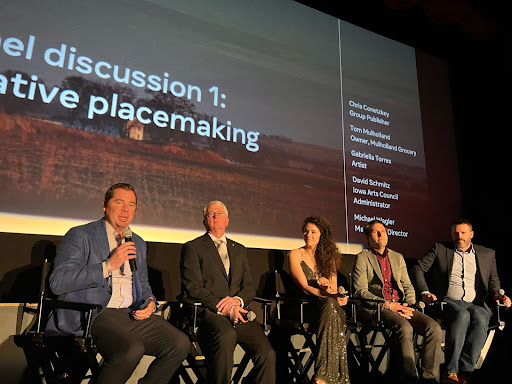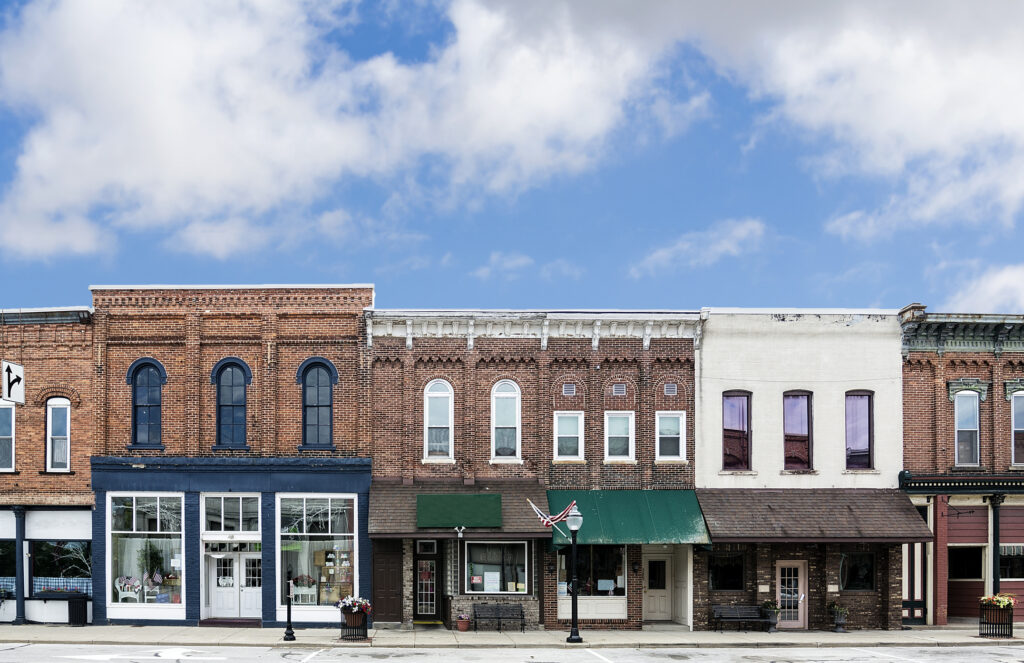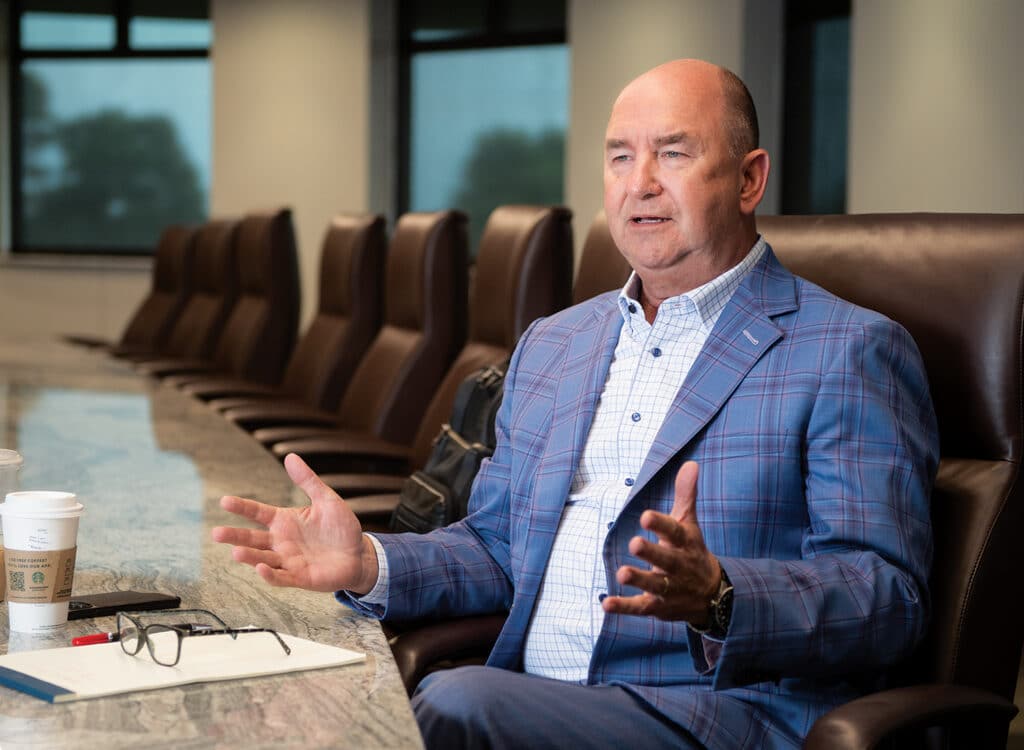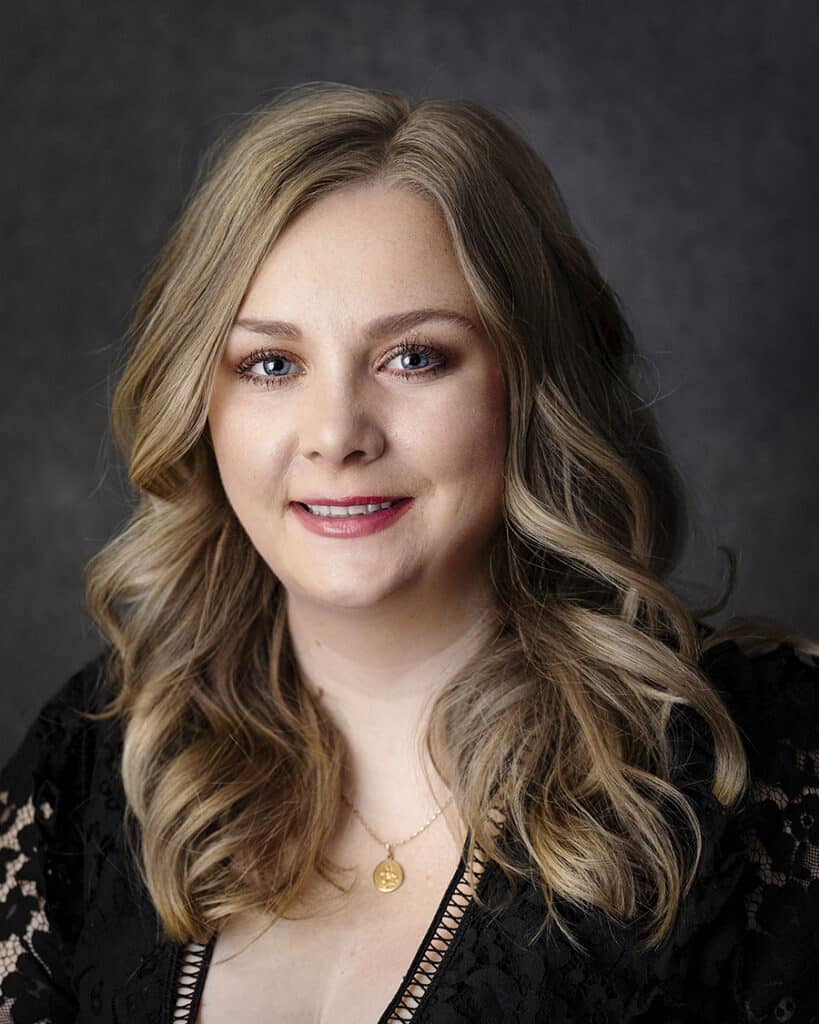Story of SW Iowa grocer’s recovery focus of documentary, discussion on placemaking

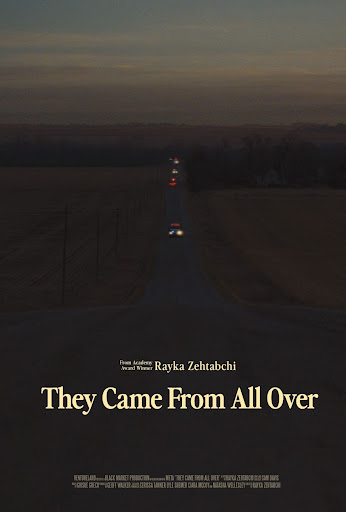
They came to see a screening of a short documentary about a small-town grocery store in southwest Iowa that after being destroyed by fire in December 2021 is being rebuilt, restoring a landmark business to the community of just over 1,000 people.
But community leaders and supporters of Tom Mulholland, 63, and his grocery store that carries his family’s name in the small Mills County community of Malvern also listened to panel discussions, which included a conversation about creative placemaking.
Mulholland, a fourth-generation owner of the store, was the focus of the event on Tuesday, which began with the screening of the documentary “They Came From All Over,” by Academy Award winning director Rayka Zehtabchi. The film tells the story of Mulholland and his effort to rebuild his grocery store after it was destroyed by fire. The loss of the store created a food desert in the community, leaving residents to travel more than 17 miles to the nearest grocery store.
The screening, a partnership between Meta and the Iowa Department of Cultural Affairs, was held at the Fleur Cinema in Des Moines.
The film is about the resilience of small businesses, their importance to local economies and the need for support from their communities to survive, Mulholland said before the screening.
“This isn’t just about my business,” he said. “This is about how communities can help the small businesses that are a vital part of their community. I’m not the only one that’s faced disaster but if those businesses are that important to a community, then hopefully they’ll step up and do what they can.”
“They need to take care of small businesses because that is the lifeblood of our country,” Mulholland said of communities. “You can’t just sit back in your chair and hope that everybody else does it and that it’s going to be OK. You have to take that step.”
Ciara McCoy, Meta’s head of small business advocacy in North America, said Mulholland is a member of the Meta Boost Leaders Network, a group of small business owners who are using technology to help their businesses grow. It was through that group that Meta learned of Mulholland’s plight.
“Tom’s story is one that really struck me in the gut,” McCoy said. “I hear a lot of small business stories. I meet a lot of small business owners. For Tom, his story so clearly depicted how important small businesses are to local communities. Meta is a champion of small businesses and it’s a story that we really want to tell and get out there.”
Supporting small businesses “isn’t just a nice thing to do. It’s a necessary thing to do,” she said.
Following the screening, attendees listened to the two panel discussions, including one about creative placemaking. The conversation was moderated by Chris Conetzkey, group publisher of Business Publications Corp., and featured Mulholland; Clinton, Iowa, artist Gabriella Torres; David Schmitz, administrator of the Iowa Arts Council; and Michael Wagler, director of Main Street Iowa.
Here are some takeaways from their conversation.
Torres: “Creative placemaking is ultimately a mindset. It’s a way you see your town. It’s an opportunity to decide how you want to share the stories of the people you share that space with and how you want to present that to people who are coming from out of town to see your community, but also how we talk to each other and the stories we tell each other about the places where we live.”
Schmitz: “Creative placemaking is about really going to the wellspring in your community and looking at things through a creative lens as opposed to a lens that’s about how do we bring the next business into the community? It’s more about what are the assets that we have that are true to our character and unique nature. We get that right, people and businesses will thrive and want to be in this place.”
Wagler: “One of the biggest challenges to placemaking is we have a tendency to overthink it. We have a tendency to think it’s something much bigger than what it is. The idea is if we can just get past the challenges of needing to hire a consultant to tell us what to do or to create this 54-page plan, and we just get down to doing it. The other side is a barrier that oftentimes happens is we often hear the term placemaking as a buzzword and it doesn’t connect the fact that creating downtown housing is a key element to placemaking. Or successful small businesses are a key to placemaking. Or how we’re incorporating art to a community as an economic development strategy are placemaking efforts, but we try to define it so many times that we just overthink it and we get stuck in paralysis and we don’t move forward.”
Schmitz: “It really is about not only building that sense of community, but showing your community that you’re investing in creating those spaces that welcome newcomers, that you take pride in how that community looks, and at its core that’s what creative placemaking is about.”
Torres: “It’s the people, really, that are the key to success. It’s about inviting as many people as possible to the table to get involved in a project, to hear their ideas. I think it’s also showing people the public value of creative placemaking. How it could benefit businesses and benefit the community. It’s about the people and making them active participants in the process.”
Wagler: “Generally, when placemaking doesn’t go well, it’s when something is created without a plan to use it. I think we’ve all been in a city park or plaza where a city or nonprofit or a Rotary group does a pocket park and they do a beautiful space but it’s inhospitable to eat lunch there or it’s never programmed so people are never trained or shown how to use a space. Then it starts to deteriorate and we begin to question why did we spend $10,000 on that? Then the biggest spiral of neglect that happens is the next time we have an opportunity the community questions, why do we want to do that when this happened the last time? At its best is when something is created and people start using it in ways that you could never have imagined.”
The documentary can be viewed on Meta’s Facebook page.

Michael Crumb
Michael Crumb is a senior staff writer at Business Record. He covers real estate and development and transportation.

